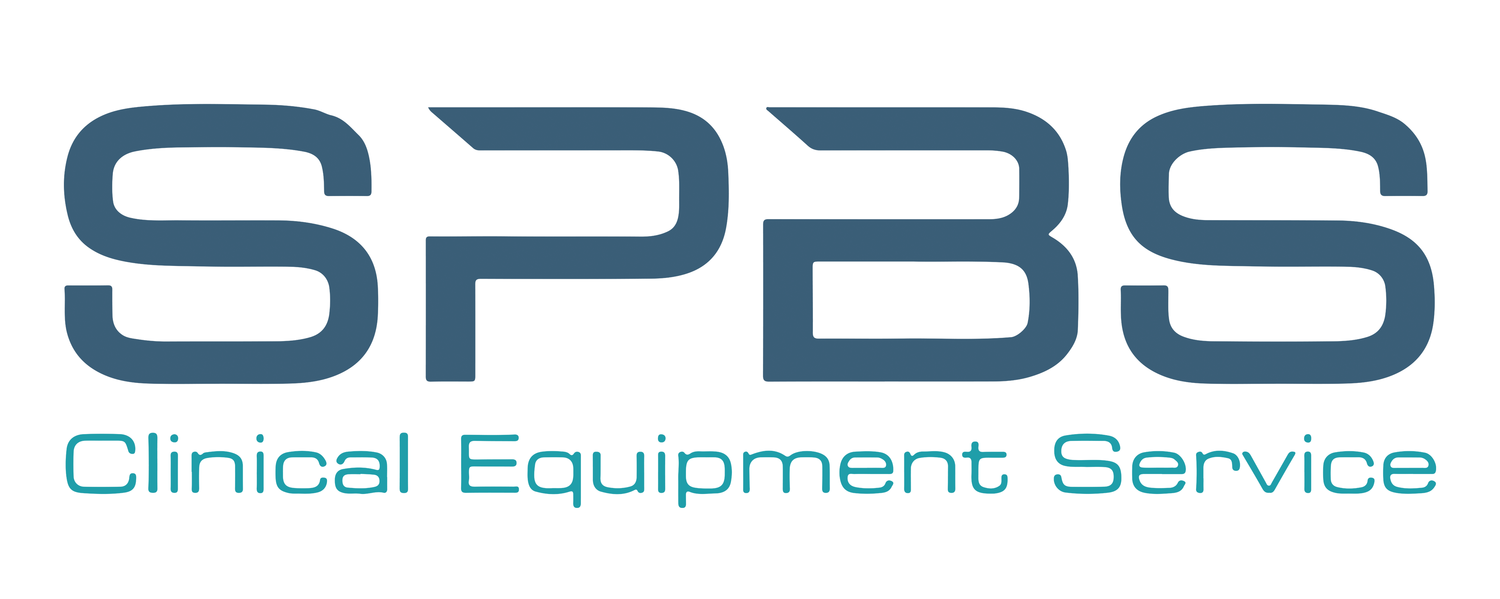As if the number of COVID-19 cases increasing over the past few weeks wasn’t enough of a concern in the healthcare industry, we are now facing an uptick in cybersecurity threats as well.
Recent reports stemming from a joint alert out of the FBI and two other federal agencies have advised of a credible threat against the U.S. healthcare industry.
After a successful ransomware attack on the UHS hospital system, even more, healthcare systems are becoming victim to the ransomware disruptions; cases have been reported in more than five states within the past two weeks.
Healthcare administrators have been scrambling to protect their facilities against these malicious attacks.
Here are a few things you need to know.
# 1. What is ransomware?
Ransomware is a type of malware that is designed to lock down a network system until a “ransom” is paid out to the hacker(s).
# 2. How can ransomware affect my facility?
Just like in the aforementioned description, ransomware can hold your entire hospital network system hostage while awaiting a ransom payment. This can include everything from computers to networked medical equipment and everything in between.
Similar to the UHS story we covered in last month’s blog; ransomware of this nature can lock down patient files, complete networking systems, and equipment.
Long story short—healthcare facilities and providers are placed in a position where they either have to delay patient care or in some extreme cases, migrate patient care to another provider.
# 3. How can I protect my facility?
There are a number of things that can be done to protect your facility, but the most important one to consider is proactive measures.
In addition to developing a response team should your facility become victim to the next wave of attacks, administrators should consider cybersecurity risk management as well.
In a time where budgets are already strained amid the pandemic, it seems an unlikely spend. However, when considering the cost of possibly losing patients due to a forced closure by threatened networks it only makes sense that security is considered a top priority.
Join us on November 19th for a FREE WEBINAR with our partners as we discuss some of the measures being taken by healthcare industry leaders to proactively manage these risks and provide a series of solutions to consider.

